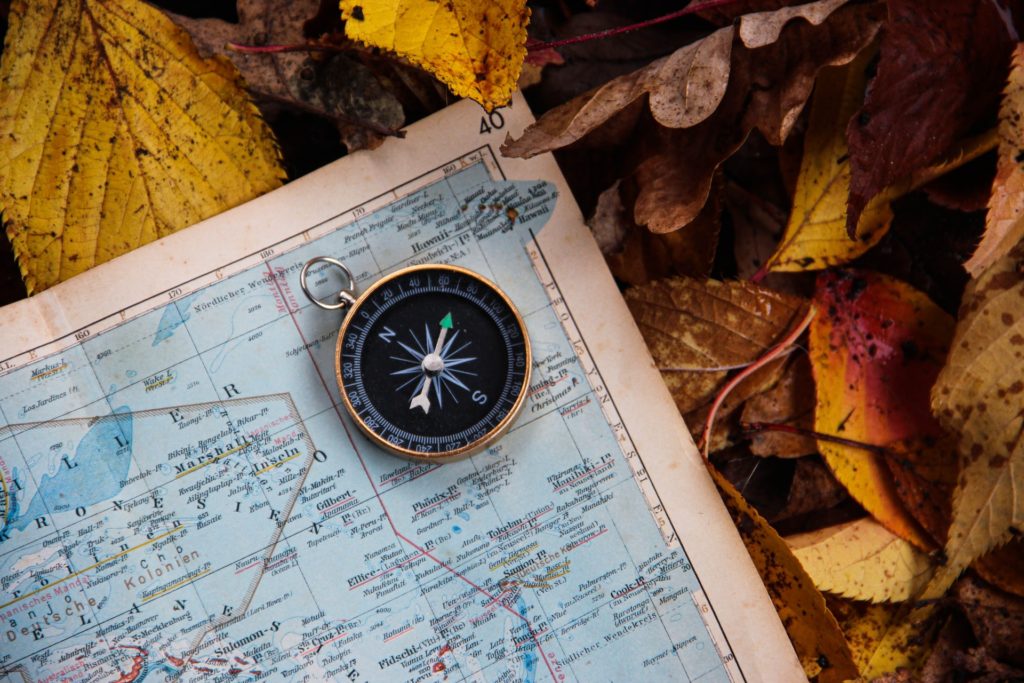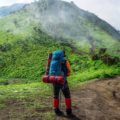
7 Wilderness Survival Items That Can Save Your Life
Being in the wild can be an exciting and thrilling experience; however, the thrill only lasts until you are stuck in a dangerous situation. Irrespective of the season, time of the year, or location, you can get stuck or lost in deserted regions due to lack of human wit or essential items in your backpack. Whether you are on your camping trip or exploring the wild wilderness, you need to keep a few survival items in your backpack.
Take a look at these 7 survival items that can save your life during your outdoor experience.
1. Knife

Survival knives are specifically designed to survive during emergencies and dangerous situations. Buy a sharp knife that is foldable and safe to carry in your bag. Whether you are stuck in an overturned car in a deserted region or need to light a fire in a cold situation, a sharp knife can be used to force yourself out of the vehicle, cut tree branches, or set traps. Other applications of a knife include skinning animals, cutting seat belts, cutting strong bandages for first aid, and processing food or cooking ingredients in the wilderness.
2. LED Flashlight
Needless to say, you need a flashlight to survive every kind of emergency. A high-quality LED flashlight lets you see and perform activities in the dark. Flashlights are also needed during threatening situations and act as a defense mechanism to scare away dangerous animals and wildlife when camping. Carry a lightweight and portable flashlight that barely takes any space in your bag. You should also have spare batteries in case your flashlight stops working.
3. First Aid Kit
Trekking on uneven terrain can result in injuries, infection, bruises, or dangling skin. Carry a first aid kit to treat your injuries and prevent illnesses. Your first aid kit should have essential medicines (for headache, diarrhea, fever, and other basic illnesses), ointment to treat allergies, gloves, bandaids, mosquito repeller, gauze, disinfectant, alcohol cleaning wipes, cotton, and other supplies to treat injuries and health issues when you are outdoors. You can easily find small and portable first aid kits specifically designed for outdoor activities like camping and hiking, which can be bought in department stores.
4. Trekking Pole
A trekking pole is needed for additional support on notorious terrain with rock, snow, or mud. If you plan to hike atop a steep hill, carrying a high-quality trekking pole is highly recommended as it increases stability and reduces friction. The backpacking experts at premieroutdoorgear.com recommend buying a trekking pole that is light in weight and padded with foam to provide extra grip. This accessory also improves your performance and speed.
5. Compass and Map

Even though maps and compasses are inbuilt in cell phones and other devices, you may not be able to access the features if the signal is weak. Carry a local map of the area and mark all the important landmarks to access the point in case you get lost. Your compass will help you navigate your way and get you to the starting point or parking area. If you are camping at a popular location, it is less likely for you to get lost. However, be extra careful when exploring deserted regions as you will hardly find other people or signs to rely on.
6. Signal Mirror or Equipment
A signal mirror comprises a shiny surface that reflects sunlight and sends a signal to help a person stuck in a place. The flash of the reflected rays is so strong that it can be noticed from miles away, particularly by aircrafts. Use your hand, raft, or any solid surface to reflect the light. Some people also use Morse code to send a signal by providing details regarding their location and situation. The action of flashing the mirror and covering it should be repeated thrice. Along with signalling equipment, carry a whistle to attract attention and call passersby for help.
7. Rope or Cordage
Apart from using it to pitch a tent, a strong rope is needed to lash poles, create a hunting trap, repair tents, and keep wildlife away. A rope or cordage hardly takes any space in your bag and should be carried to survive in similar situations. You can also use it to secure an object or get a grip on slippery terrain. Other applications include hanging clothes and preparing fishing lines.
The next time you plan to take a hiking or camping trip, especially in a deserted region, carry these seven essential items to stay safe. More importantly, carry a water bottle and enough water to avoid dehydration and other health issues that follow. While exploring the wilderness can be exciting, staying safe is of the utmost importance too. You should be particularly more careful if you are alone and unable to find ways to communicate with others.











